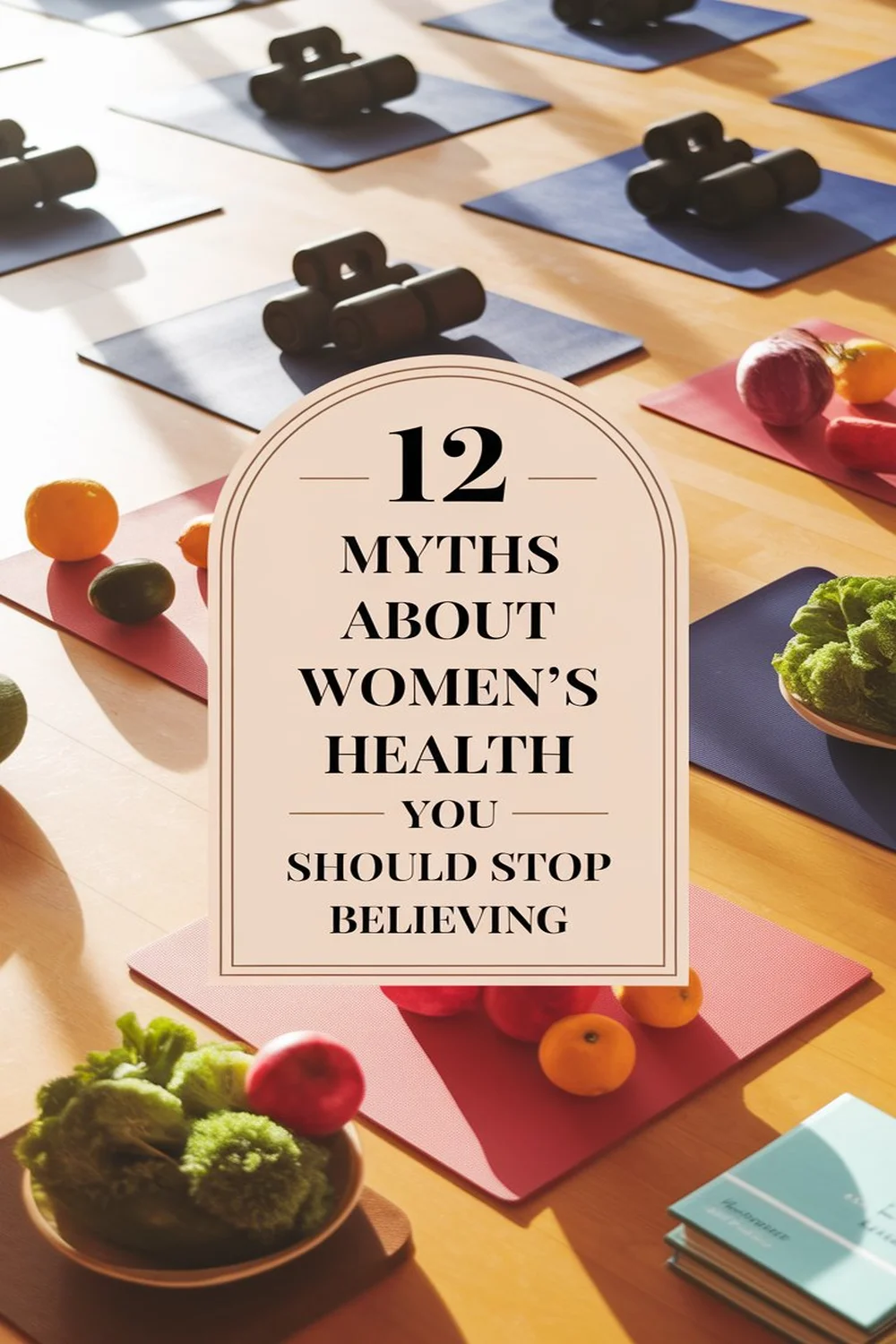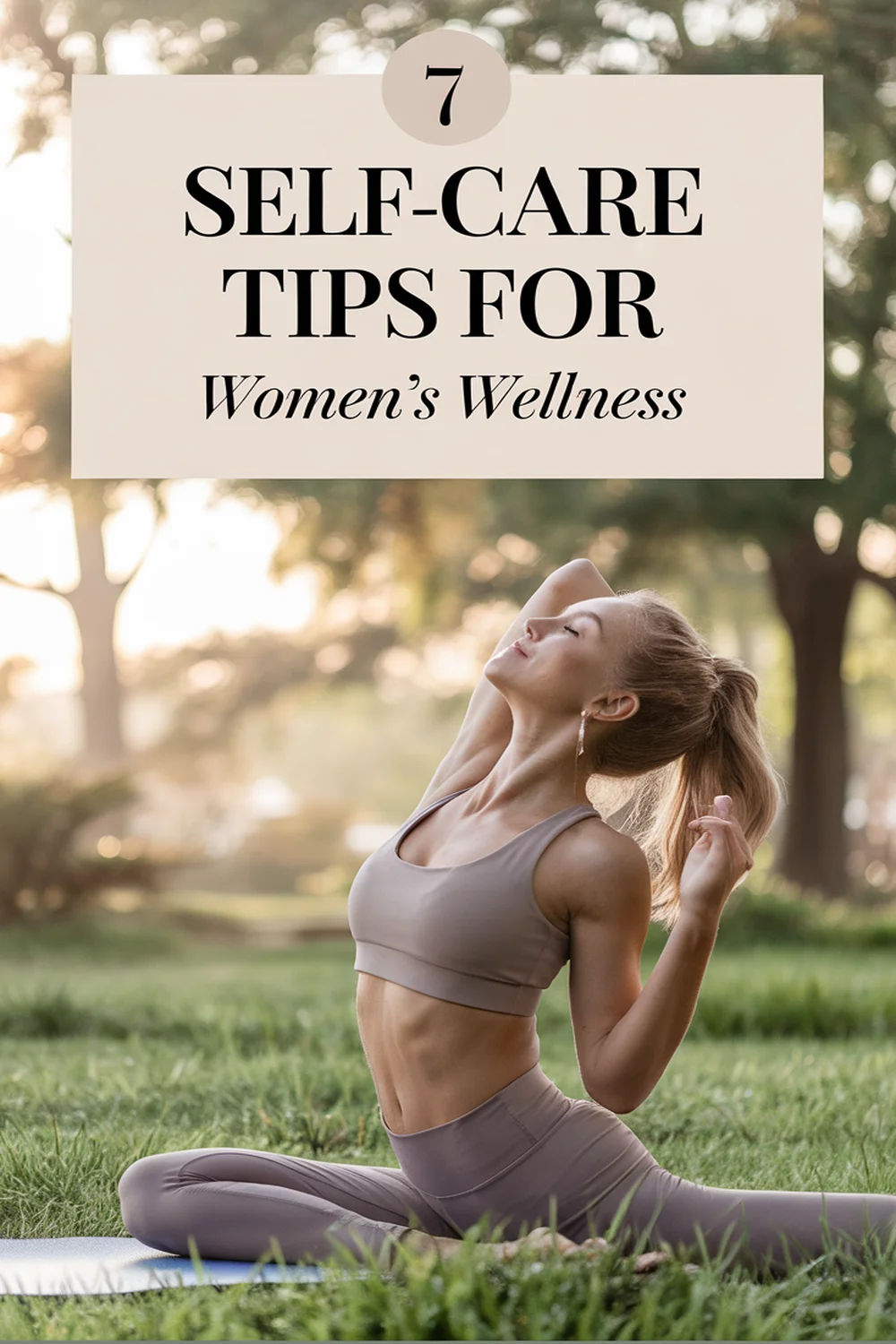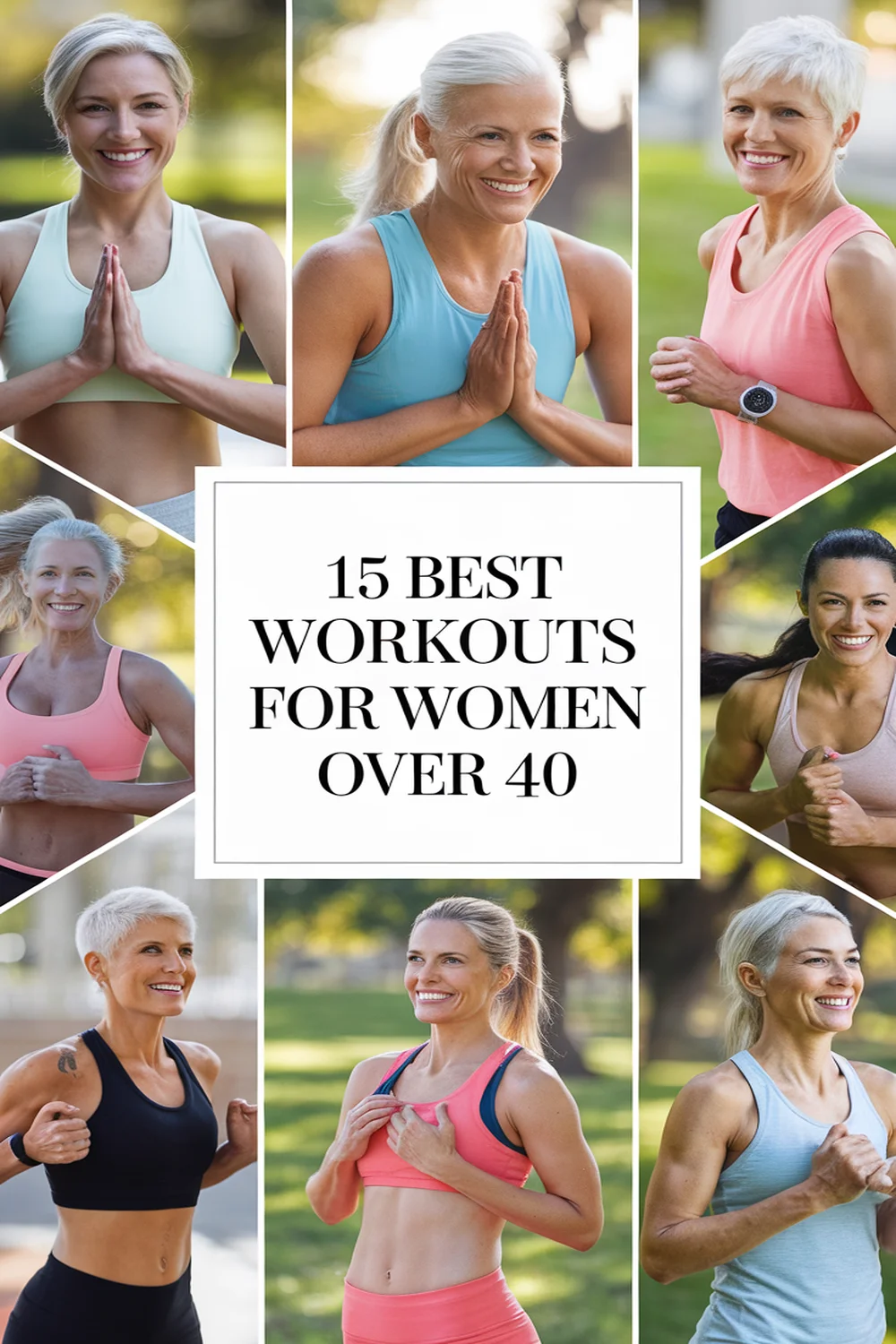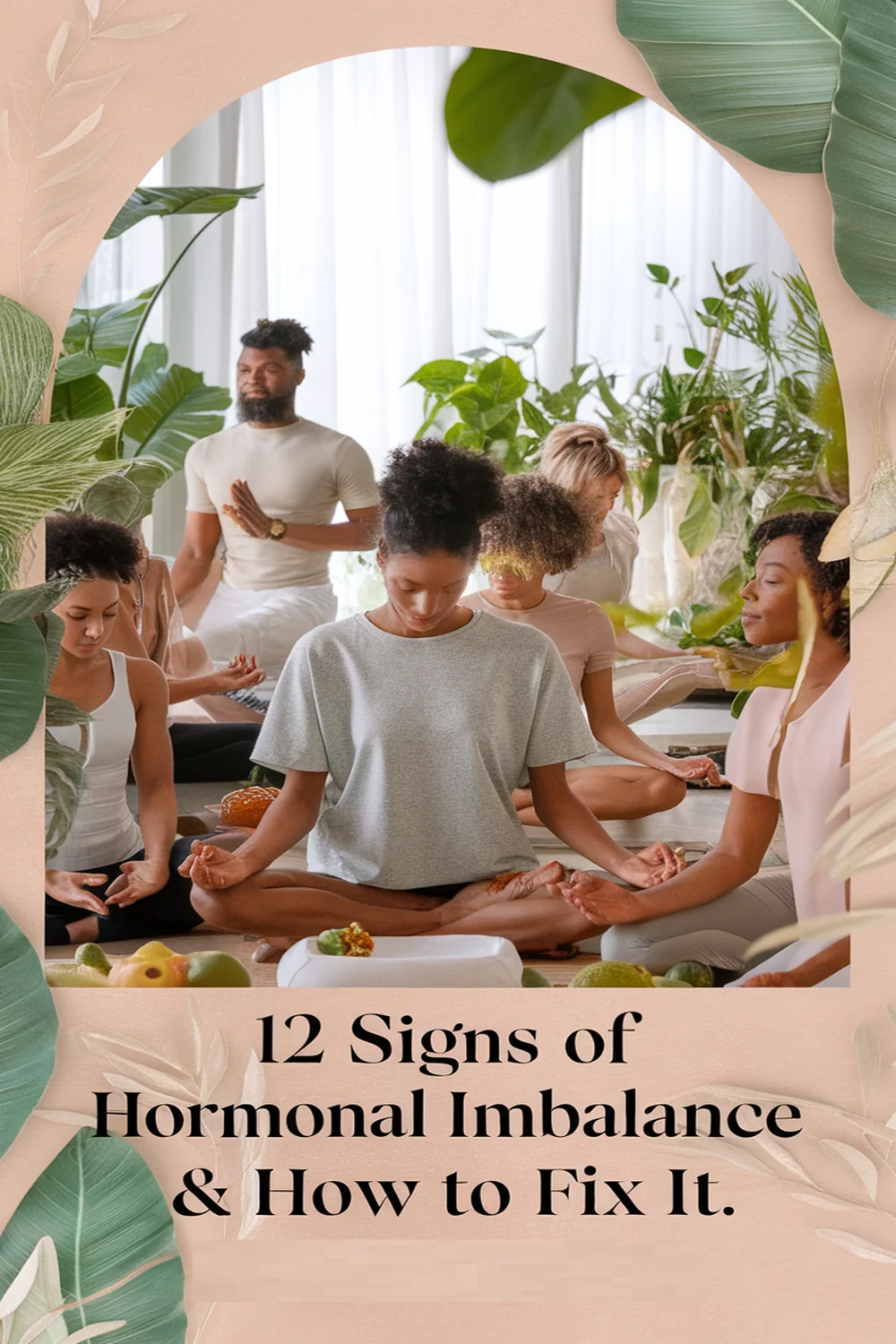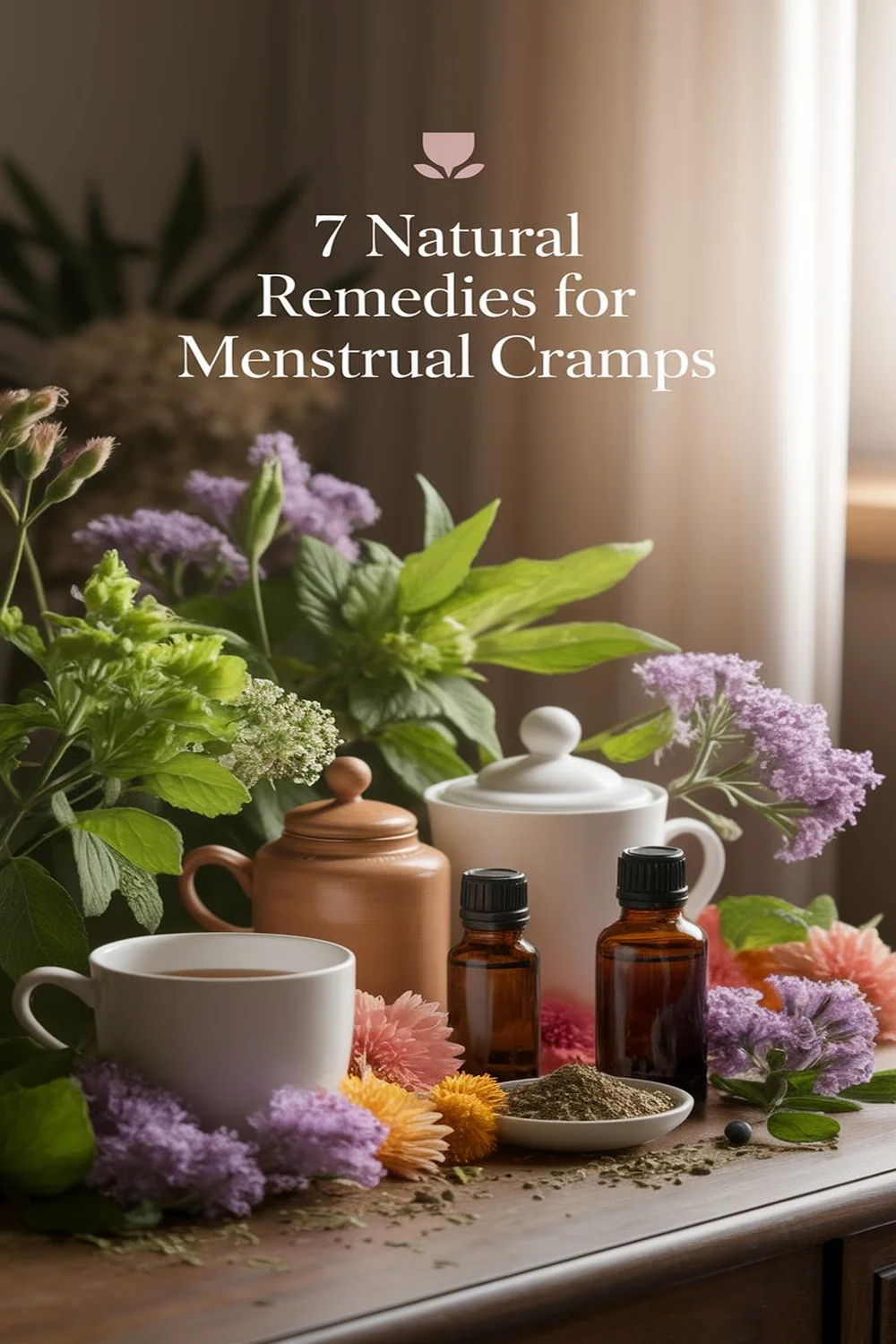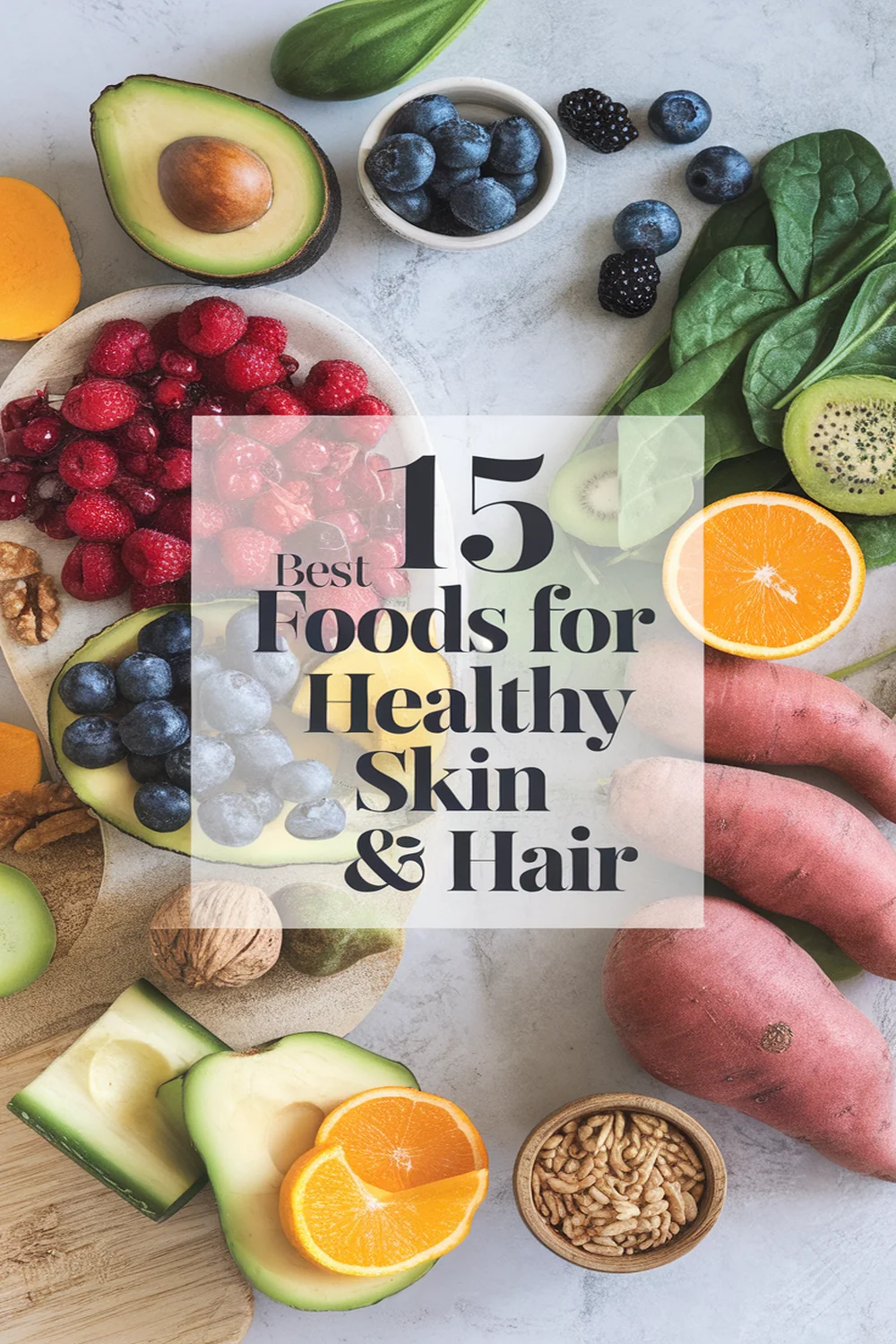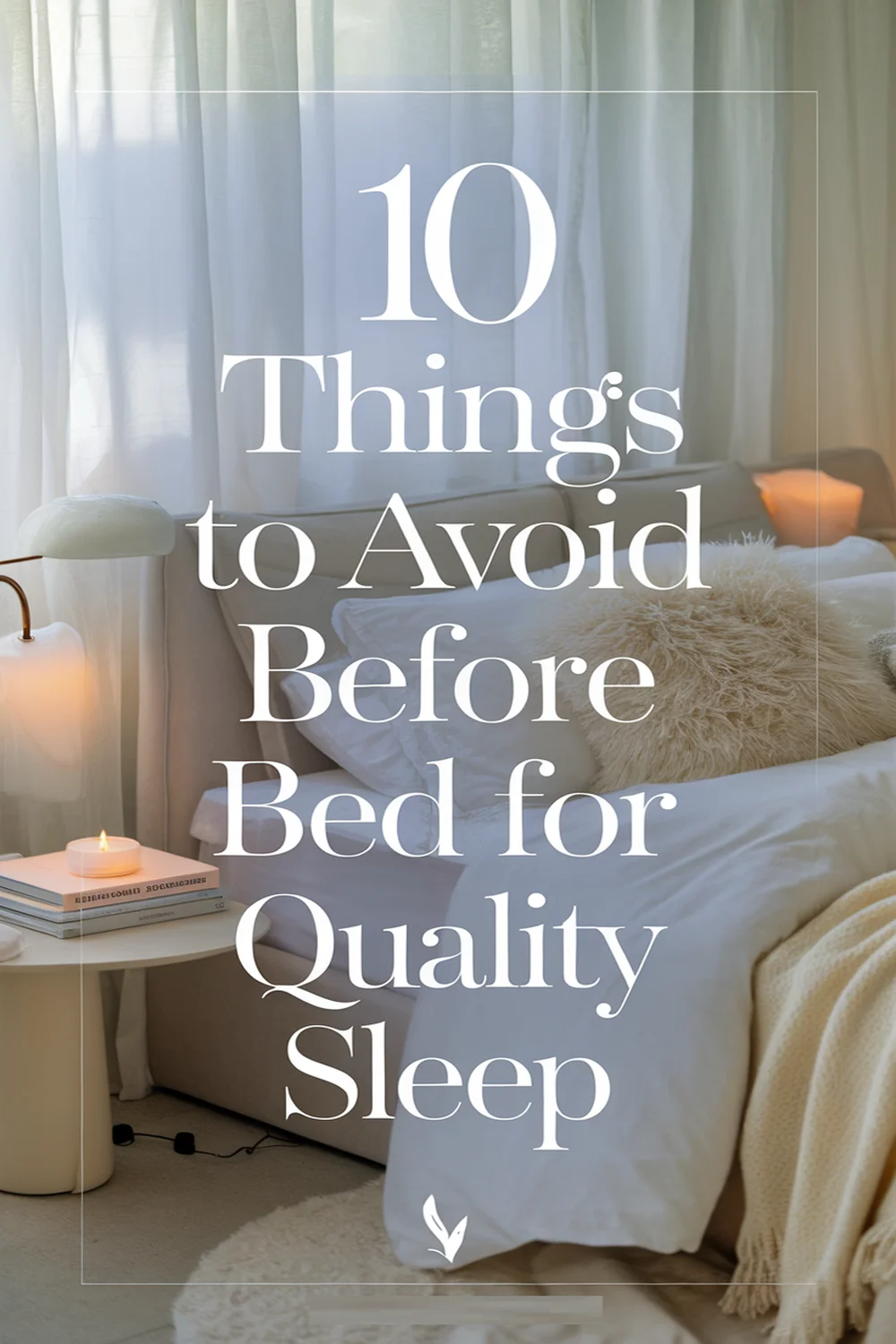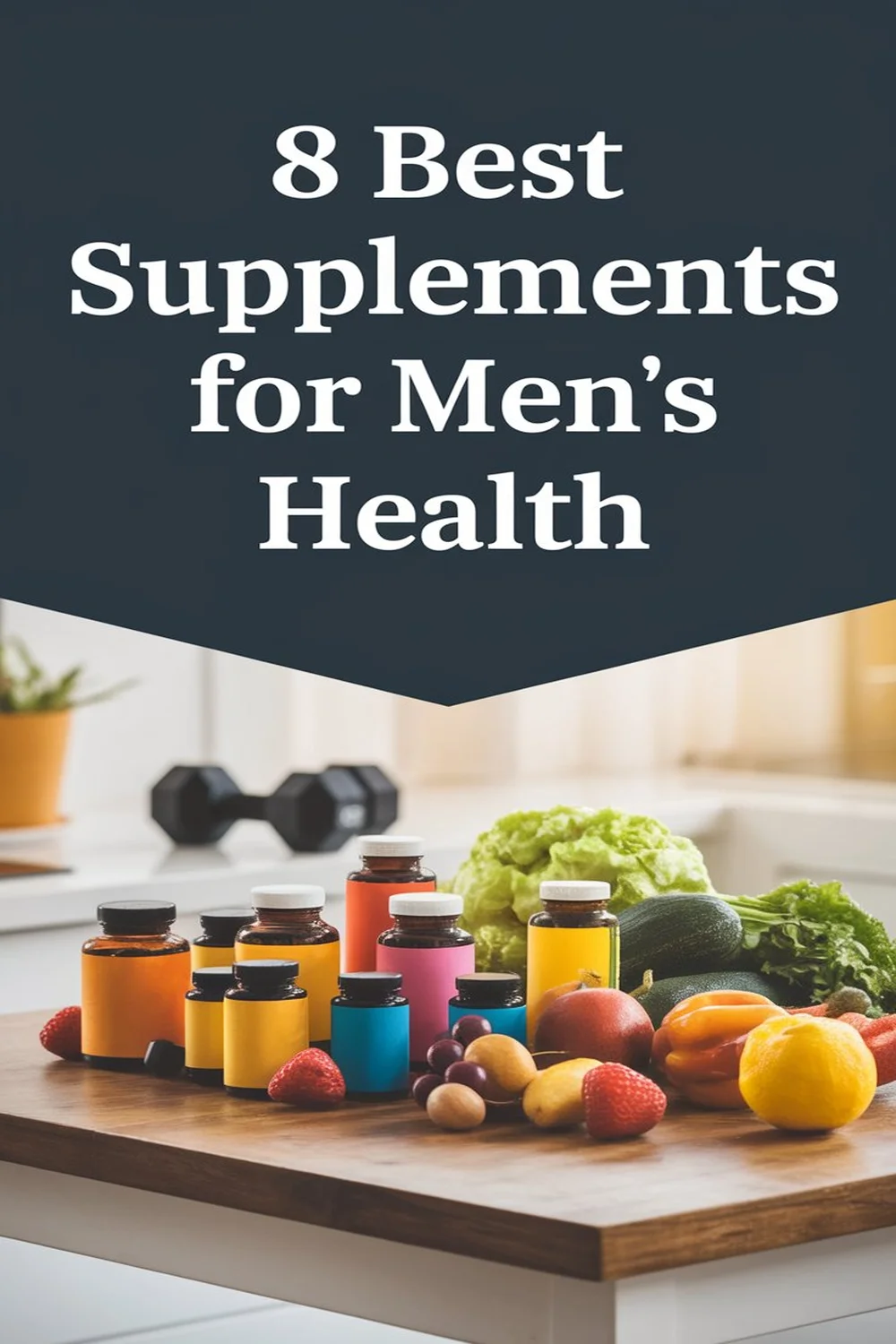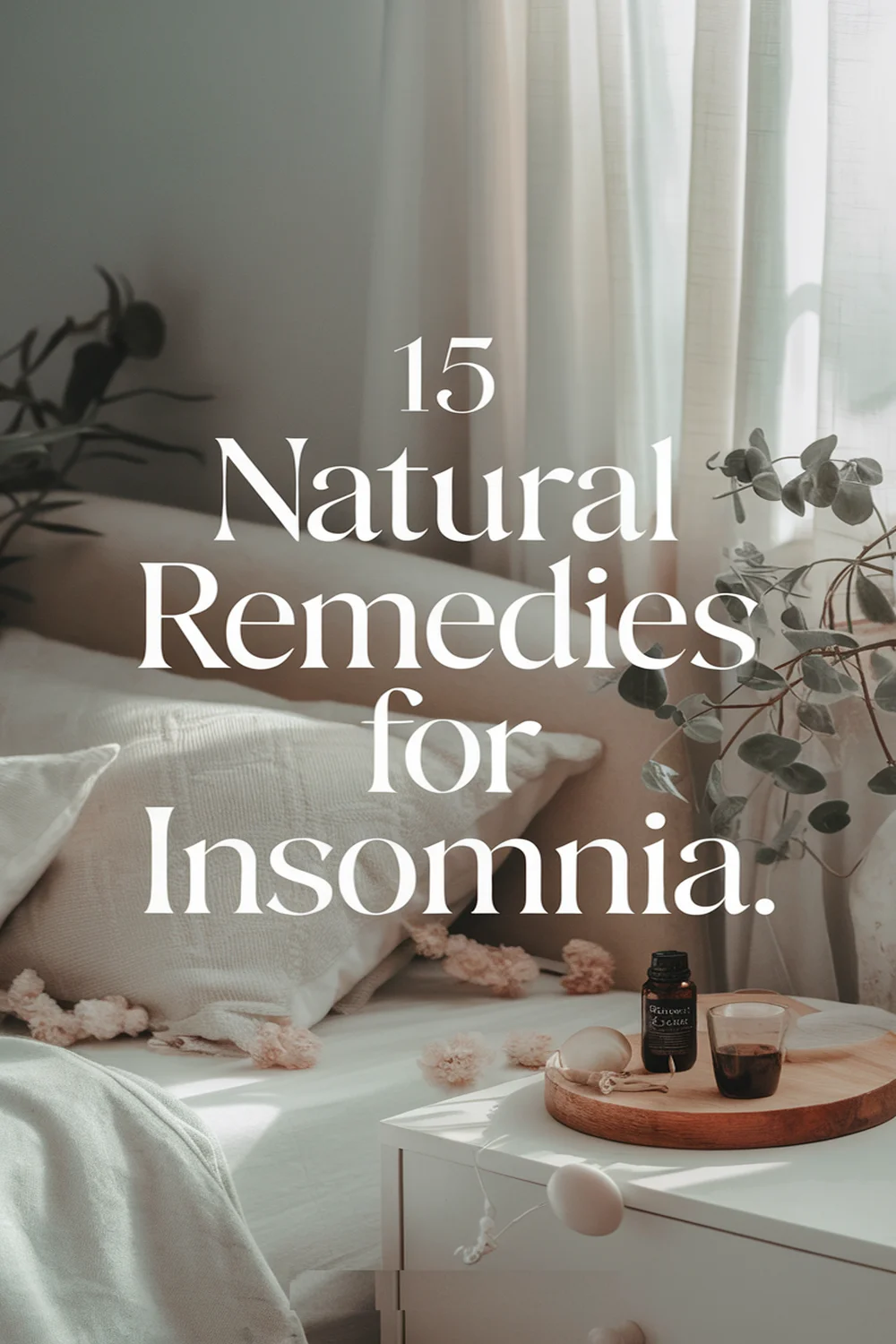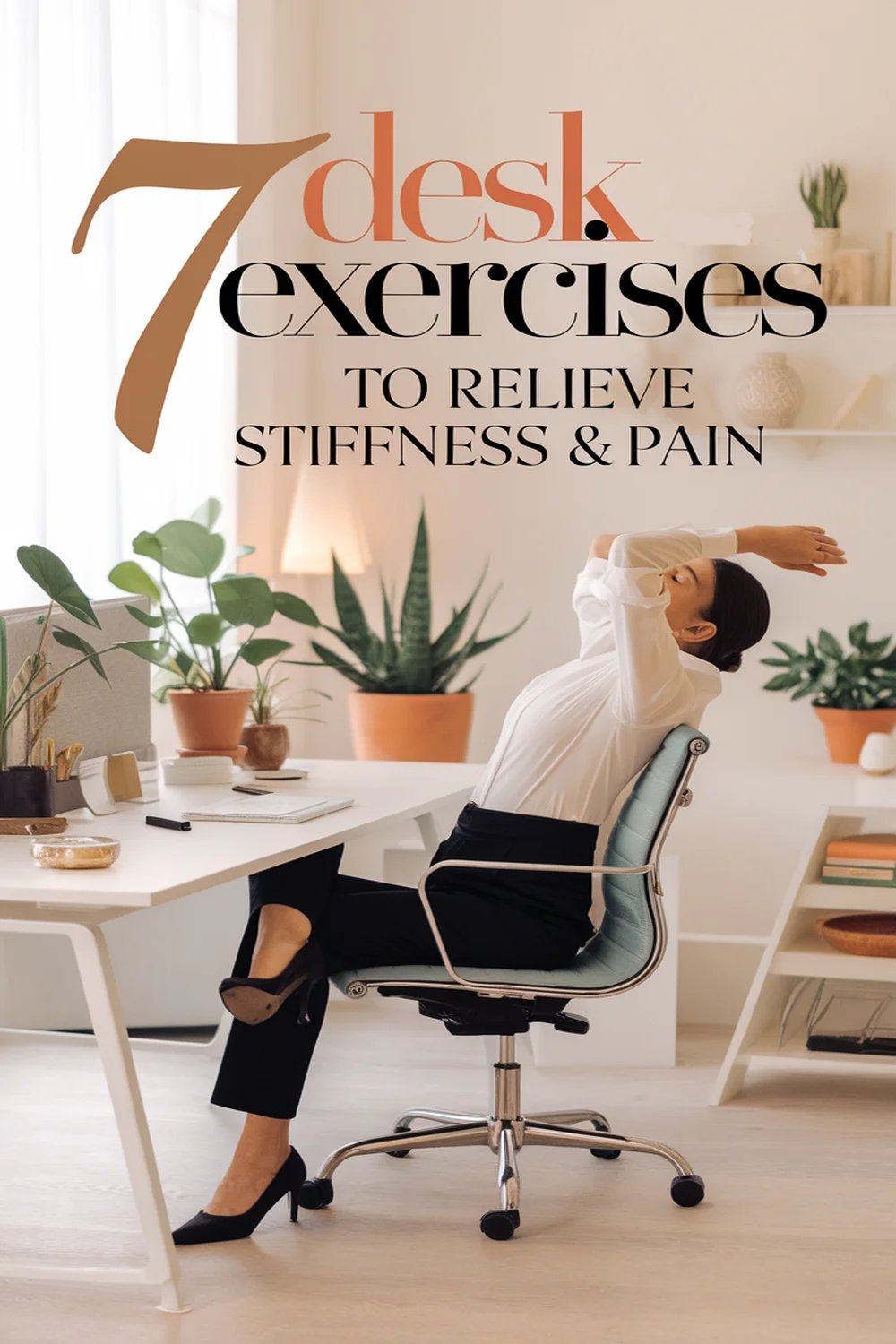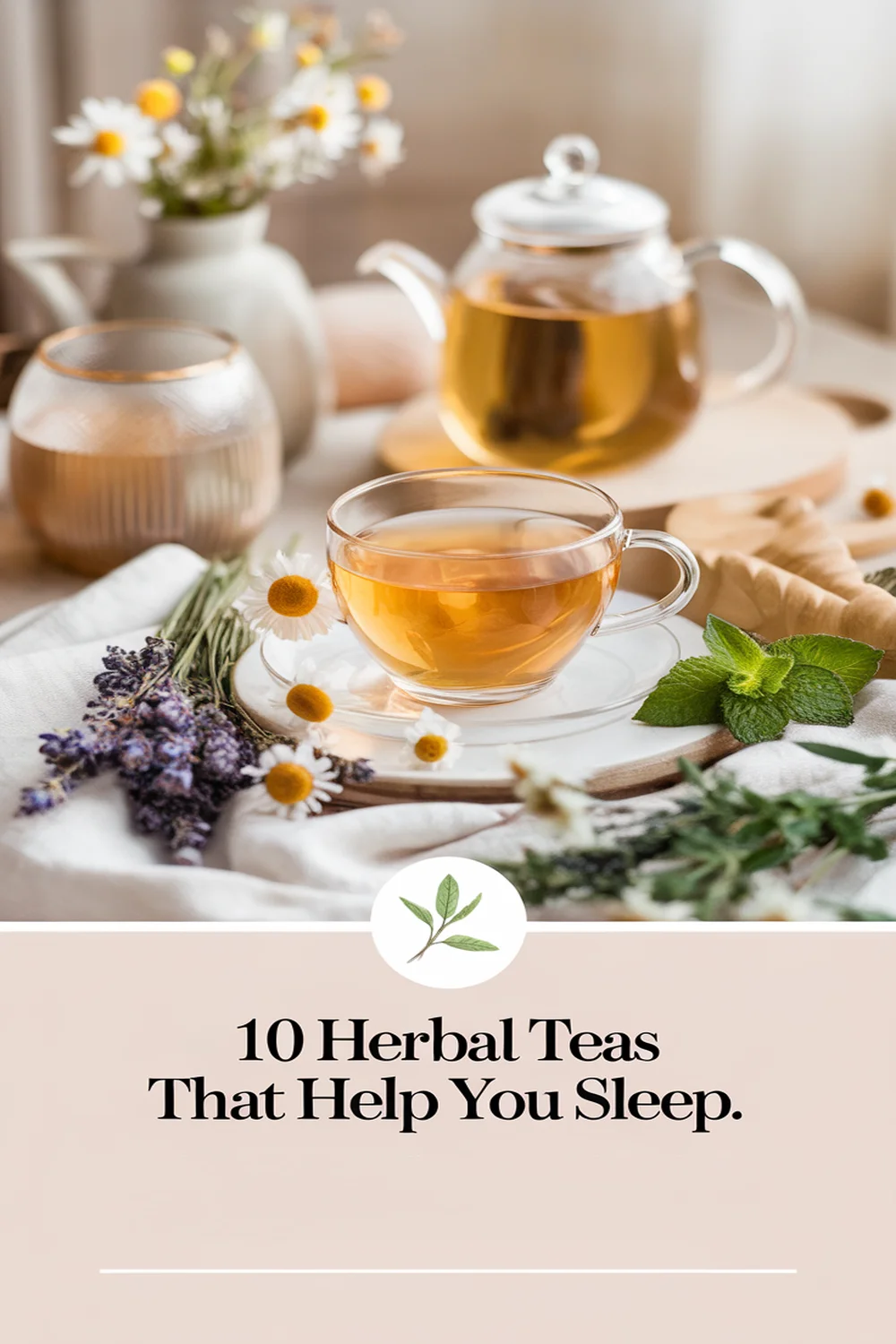You might think heart disease only affects men, but it’s actually the leading cause of death for women. And don’t believe that birth control causes infertility; fertility usually returns quickly after stopping. Menopause doesn’t end your sexual health either—in fact, many women feel more confident afterward. There are many misconceptions about women’s health, from osteoporosis to routine screenings, that can have serious implications. Discover more truths about women’s health that you shouldn’t overlook.
Myth: Women Don’t Need to Worry About Heart Disease
When it comes to heart disease, many people mistakenly believe it’s primarily a man’s concern, leaving women’s health at risk. In reality, heart disease is the leading cause of death for women, claiming more lives than all cancers combined. You might not realize that women often experience different symptoms than men, making recognition harder. Fatigue, shortness of breath, and nausea can be warning signs. Factors like menopause, obesity, and high blood pressure can increase your risk, too. It’s essential to prioritize heart health by adopting a balanced diet, exercising regularly, and getting routine check-ups. Don’t let the myth that heart disease is just a man’s issue prevent you from taking control of your health. You deserve to stay informed and proactive!
Recommended Items
Explore our curated selection of health and wellness essentials tailored for women’s health!
Myth: Birth Control Causes Infertility
Many people believe that using birth control can lead to infertility, but that’s a significant misconception. In reality, most forms of birth control, like pills, IUDs, and implants, only temporarily prevent pregnancy while you’re using them. Once you stop, your fertility typically returns to normal quite quickly. Research shows that hormonal birth control doesn’t cause lasting effects on your ability to conceive. It’s also important to understand that various factors, such as age and underlying health conditions, play a far more impactful role in fertility. So, if you’re considering starting or stopping birth control, don’t let the myth of infertility hold you back. Knowledge empowers you to make informed decisions about your reproductive health!
Myth: Menopause Marks the End of Sexual Health
Although some people think menopause signals the end of a woman’s sexual health, this belief couldn’t be further from the truth. In reality, menopause can be an opportunity for new experiences and a different kind of intimacy. Many women find that they can enjoy satisfying sexual relationships during and after this phase.
Consider these points:
- Increased confidence: Many women feel more liberated and confident post-menopause.
- Focus on intimacy: Partners often explore deeper emotional connections.
- Health benefits: Regular sexual activity can promote overall health and well-being.
- Varied experiences: Many find new ways to enjoy intimacy.
- Open communication: Discussing desires can enhance relationships.
Embrace this stage, knowing that sexual health can thrive in new forms.
Action Steps to Debunk Women’s Health Myths
Myth: Women Are Naturally Worse Drivers
As you explore the myths surrounding women’s health, it’s important to address the widespread belief that women are naturally worse drivers. This stereotype is not only outdated but also unsupported by research. Studies show that women tend to be safer drivers, making fewer risky maneuvers and being involved in fewer accidents compared to men. While driving skills can vary greatly among individuals, gender doesn’t dictate your ability behind the wheel. Factors like experience, environment, and personal behavior play a much larger role in determining driving proficiency. Embracing equitable views on driving can help eliminate harmful stereotypes that affect how we perceive women in various fields, including transportation. So next time you hear this myth, remember it’s time to let it go.
Myth: You Can’t Get Pregnant During Your Period
While it’s a common belief that you can’t get pregnant during your period, this myth isn’t entirely accurate. Sperm can survive in your body for several days, and if you have a shorter menstrual cycle, you could ovulate soon after your period ends. Here are some key points to take into account:
- Ovulation can occur immediately after your period.
- Sperm can live up to five days inside your reproductive tract.
- Cycle lengths vary; not all women have a 28-day cycle.
- Unprotected sex during your period might still lead to pregnancy.
- Tracking your cycle can help you understand your fertility better.
Being informed about your reproductive health is vital, so don’t rely solely on myths to guide your decisions!
Myth: All Women Experience Severe PMS
Many people assume that all women endure severe premenstrual syndrome (PMS), but that’s far from the truth. While some experience significant emotional and physical symptoms, many women face mild or even no symptoms at all. PMS symptoms can vary greatly in intensity, ranging from mood swings and cravings to cramps and fatigue. In fact, studies show that around 50% of women report only mild symptoms or none. Factors such as lifestyle, stress levels, and hormonal balance can influence your PMS experience. It’s crucial to understand that each woman’s journey is unique; what feels unbearable for one person might be just a minor inconvenience for another. So, don’t let this myth misguide your expectations about PMS.
Myth: Hormonal Changes Only Affect Reproductive Health
The belief that hormonal changes only impact reproductive health is a common misconception. In reality, hormones influence various aspects of your overall well-being, playing essential roles in multiple systems within your body. Here’s how hormonal fluctuations can affect you:
- Mood: Changes in hormones can lead to mood swings, anxiety, or depression.
- Metabolism: Hormonal shifts can impact how your body processes food and regulates weight.
- Bone Health: Hormones like estrogen are crucial for maintaining bone density and preventing osteoporosis.
- Skin: Hormones can affect skin conditions, leading to acne or changes in skin texture.
- Sleep: Hormonal imbalances may disrupt sleep patterns, leaving you restless.
Understanding this connection is essential for thorough health!
Myth: Breastfeeding Eliminates the Need for Contraception
Breastfeeding is often celebrated for its numerous health benefits, but it doesn’t guarantee protection against pregnancy. Many assume that nursing alone is a form of contraception, which can lead to unexpected surprises. While exclusive breastfeeding can delay ovulation, it’s not a foolproof method. It’s crucial to examine various factors like the frequency of feeding and individual body changes.
Here’s a quick look at breastfeeding and contraception:
| Factor | Description | Impact on Pregnancy Risk |
|---|---|---|
| Frequency of Feedings | Frequency affects hormone levels | Can delay ovulation |
| Duration of Breastfeeding | How long you breastfeed matters | Varies per individual |
| Supplemental Feeding | Introducing solids can change risks | Increases chance of ovulation |
| Personal Body Chemistry | Unique hormonal responses | Varies per individual |
| Birth Control Alternatives | Finding suitable methods is key | Vital for prevention |
Always consult your healthcare provider for guidance.
Myth: It’s Normal for Women to Experience Pain During Intercourse
While some might believe that experiencing pain during intercourse is just part of being a woman, this is a misconception that requires attention. Pain during intercourse isn’t something you should simply accept; it can indicate underlying issues that deserve exploration.
Consider these factors:
- Vaginal dryness: Lack of lubrication can cause discomfort.
- Infections: Conditions like yeast infections or STIs may contribute to pain.
- Medical conditions: Endometriosis or fibroids can trigger significant pain.
- Anxiety or stress: Mental health plays a vital role in your sexual experiences.
- Misalignment: Pelvic floor issues might lead to painful sensations.
If you’re experiencing discomfort, don’t hesitate to consult a healthcare professional. Your comfort and health are essential.
Myth: Women Have a Higher Pain Tolerance Than Men
Pain tolerance varies considerably among individuals, and the belief that women inherently possess a higher pain tolerance than men is a common myth. Studies show that pain perception is influenced by various factors, including genetics, psychological state, and past experiences, rather than gender alone. Women may appear more resilient in certain situations, but this doesn’t mean they feel less pain. Instead, they might express and manage pain differently. When you recognize this myth, it encourages a better understanding of pain as a complex experience shaped by numerous factors. It’s essential to avoid generalizations about gender and pain, as this can lead to misunderstandings in both clinical settings and daily life. Acknowledging individual differences is key to supporting everyone effectively.
Myth: Osteoporosis Is Only a Concern for Older Women
Many people mistakenly believe that osteoporosis only affects older women, but this is far from the truth. In reality, you can be at risk for osteoporosis much earlier in life. Factors like genetics, lifestyle, and diet play crucial roles. It’s important to be aware of the following:
- Low calcium and vitamin D intake can weaken bones.
- Sedentary lifestyles increase risk substantially.
- Family history of osteoporosis can predispose you.
- Eating disorders can lead to bone density loss.
- Smoking and excessive alcohol consumption greatly impact bone health.
Don’t wait until you’re older to start thinking about your bone health. Stay proactive by maintaining a balanced diet, exercising regularly, and getting proper check-ups to help prevent osteoporosis at any age.
Myth: Regular Pap Smears Are No Longer Necessary After Age 65
As you age, staying on top of your health screenings becomes increasingly important, and Pap smears are no exception. There’s a common misconception that women can stop having Pap smears after age 65, but that’s not entirely accurate. While many women can reduce the frequency of screenings if they’ve had satisfactory results in the past, regular checks can still be vital. Cervical cancer isn’t limited by age, and your risk can change with time. Guidelines suggest that you should continue screenings based on your personal health history. Consulting with your healthcare provider about the right screening schedule is essential to safeguard your health. Don’t let assumptions about age lead you to skip necessary preventive care.

